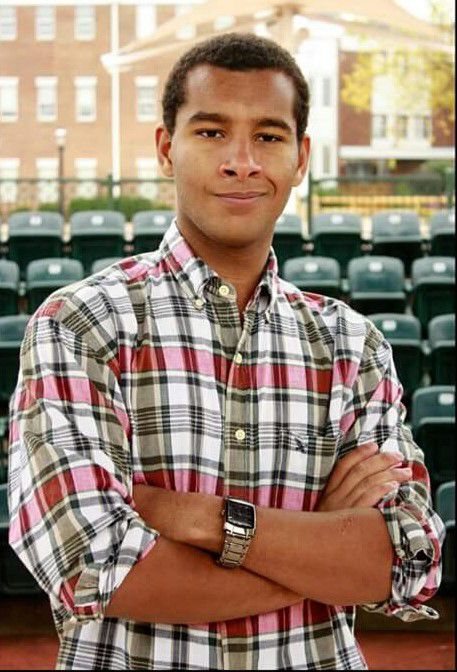Opinion: “White male privilege” hinders real progress
There has been a push to redefine and reinvent how we talk about racism, sexism and inequality in society; it is very unproductive and is making it harder for an honest, open discussion about these topics.
I want to start out with so called “white privilege.”
Before I say why I think the term is unproductive and disingenuous, let me first preemptively respond to some would-be critics.
Yes, I am acutely aware racism is a serious problem in America. No, I am not denying its existence by fighting the term “white privilege.”
The term refers to the lack of discrimination that whites face by not being people of color, and is a backward way to talk about racism in America.
There is no special advantage to being white; there are just serious struggles that come with being a person of color. This subtle, yet immensely important distinction is critical to the national discussion on racism.
Talking about “white privilege” actively shifts the discussion away from the issues that people of color face. It belittles the struggles of white people, and it’s horribly off-putting to have someone else who doesn’t know you pontificate to you about your own experience with race and presumed lack of adversity in your life.
If I told a white person about how I’ve faced racism, I speak of my own experiences in a way that makes no presumptions or judgments on the listener, and engenders understanding and sympathy for my struggle.
Using the term “white privilege” is only effective in shaming, silencing and highlighting how the white person doesn’t understand or share your struggle, even if that’s not totally true. For every “enlightened” white person who isn’t immediately irked by the term, there are two more that now have a new barrier to having any productive dialogue about racism.
“Male privilege” is equally as irksome and unproductive. However, the term is further disingenuous.
Sexism against women is a problem in society, but men have enormous struggles that are not discussed and face inequality in ways “privilege” can never appropriately summarize.
According to the CDC, over 40 percent of all intimate partner violence victims in the US are men, who make up 77.9 percent of suicides. Men make up around 70-85 percent of the homeless population varying across each state, based on estimates using U.S. Census Bureau data.
I could go on, but calling men “privileged” for not being catcalled in light of this data is ludicrous. This doesn’t invalidate the struggles of women, but it does mean men have different struggles that need to be considered just as seriously.
Overall, “white male privilege” is just disingenuous and unproductive. If we ever hope to tackle serious issues involving race and gender, these types of terms need to pass away from our national discussion.
Stephen D’Abreau is a columnist, contact him at [email protected].



